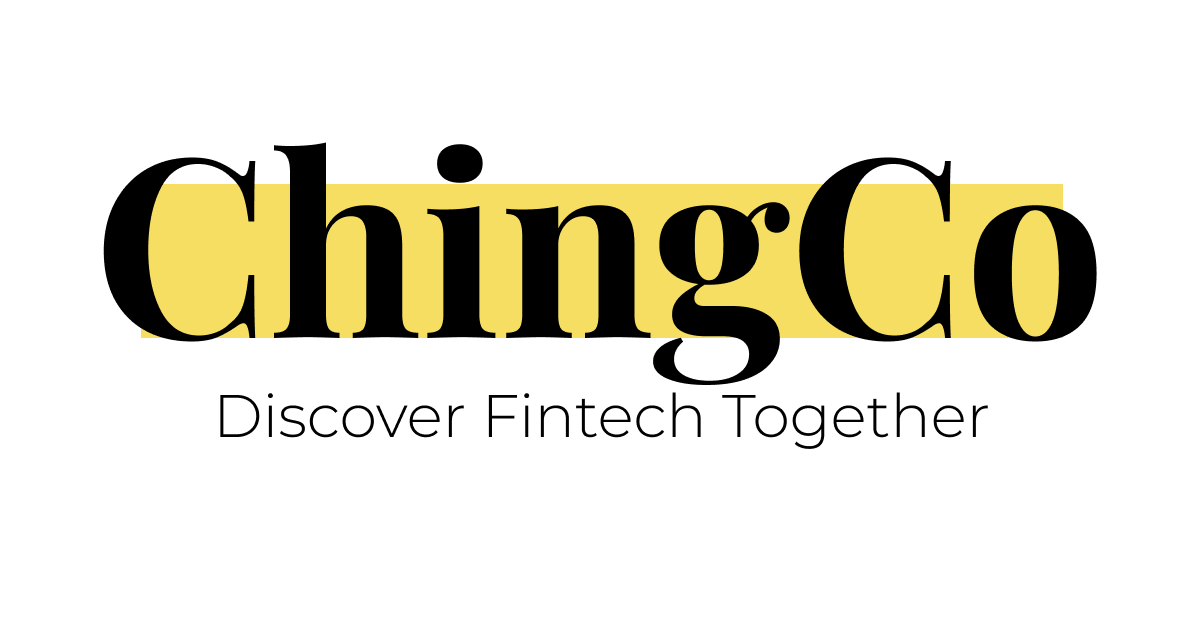What’s the first thing you think of when you think of a bank? Perhaps it’s money, large companies or something like Wall Street. Regardless, banks are undoubtedly central to many aspects of our life. On a fundamental level, banks are a way for us to store and transfer money. But in a modern context, this means storing, sharing & effectively managing customer and transaction data. With the enormous regulations required of financial institutions, banks have had a monopoly on customer data. However, the rise of open banking is – for better or worse – the beginning of a decentralized future.
This series marks the beginning of an exploration of Open Banking.
Banks as Data Hubs
Since the inception of money itself, banks have existed in some form or another. A place for people to store currency in a safe place – whether that be gold coins or paper bills. The history of banking provides some insight into how our modern financial systems evolved. In ancient times, temples played the role of storers of money – of gold, valuables etc. And in subsequent centuries, the banking system evolved into a semblance of the modern design – one of debtors creditors.
From the start information revolution, everything has gone digital and online. When you register to open a bank account, your details are stored digitally. If you’ve ever used online banking – all your transfers are digital. Today, when you want to send money to someone via an online bank transfer, you are merely sending data across a network. You’re no longer exchanging gold coins, dollar bills or any other currency – but data.
Banks storing data have some astounding implications – because the modern bank is no longer just a financial institution – but a data hub. With all of this information – banks have the ultimate competitive advantage. This advantage is in part because data contains valuable insights and powerful predictive capabilities. What’s more is that banks are free to use this data to improve their services, price their products and cater to customer needs. Information is one of a few core competitive advantages that has allowed present day banks to rule.
Is the banking monopoly a problem?
The banking industry has made leaps and bounds in terms of technology. From the invention of the credit card to the creation of online banking – banks have found ways to innovate despite having an oligopoly. What’s more, is that banks are most times reliable and trustworthy. So the question becomes, is it genuinely awful if they continue to maintain a grip on the industry?
Purely from a fintech perspective, I’d argue yes and no. In its current form, many banks have foundational technologies that can keep services running smoothly. That being mobile banking, online banking, credit cards etc. For older generations, that is sufficient. But the problem lies in a lack of competition. Like the tech industry, opposition and rivalry are the driving force behind innovation, the innovation that ultimately benefits the customers.
An introduction to Open Banking
In the face of the financial oligopolies banks and other financial institutions have over customer data – comes a fintech driven solution. Open Banking aims to leverage the data banks have to promote competition and innovation. Open Banking proposes that banks allow 3rd parties to access customer data – provided customers do allow their data to be shared.
In a later blog post, I will go in-depth into the mechanics of Open Banking. But for the moment, all you need to know about open banking is that it marks a shift in the future development of the entire financial landscape. It’s a significant change to the banking sector because third party developers can create better and more innovative user experiences for customers. Something that incumbents have been trying to do for years. Although it is in its infancy – Open Banking signifies the start of a more data-driven, customer-centric approach to delivering financial services.
Potential for open banking
Imagine handling different bank accounts all in a single app, having a personalized financial strategist, a marketplace of financial services that best meet your needs. So it must be noted that the potential for Open Banking is immense.
Conclusion
In conclusion, the landscape of financial services has always been an evolving entity. But with a shift towards the information era – banks have become custodians of not only money but of data. And in an age powered by data, that makes banks extremely powerful. But with the introduction of Open Banking, oligopolies that have ruled for decades are starting to be decoupled. Open Banking innovations mark a shift towards a more personalized, customer-centric way of delivering essential financial services innovatively.
Thank you for getting this far! If you like what you read, please feel free to subscribe to our mailing list below and stay informed about our latest posts!





